Map Snapshot















67 Records
Seasonality Snapshot
Use of media featured on Maryland Biodiversity Project is only permitted with express permission of the photographer.
A Signate Quaker Moth in Dorchester Co., Maryland (9/21/2017).
View Record Details
Media by
Mark Etheridge.
A Signate Quaker Moth in Worcester Co., Maryland (9/22/2013).
View Record Details
Media by
Scott Housten.
A Signate Quaker Moth in Worcester Co., Maryland (9/28/2014). Verified by Roger Downer/BAMONA.
View Record Details
Media by
Scott Housten.
A Signate Quaker Moth in Worcester Co., Maryland (9/30/2014).
View Record Details
Media by
Scott Housten.
A Signate Quaker Moth in Worcester Co., Maryland (10/12/2014).
View Record Details
Media by
Scott Housten.
A Signate Quaker Moth in Worcester Co., Maryland (9/30/2014).
View Record Details
Media by
Scott Housten.
A Signate Quaker Moth in Howard Co., Maryland (2002).
View Record Details
Media by
Larry Line.
Source: Wikipedia
| Tricholita signata | |
|---|---|
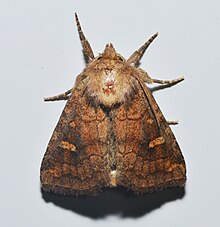
| |
| Scientific classification | |
| Domain: | Eukaryota |
| Kingdom: | Animalia |
| Phylum: | Arthropoda |
| Class: | Insecta |
| Order: | Lepidoptera |
| Superfamily: | Noctuoidea |
| Family: | Noctuidae |
| Genus: | Tricholita |
| Species: | T. signata
|
| Binomial name | |
| Tricholita signata Walker, 1860
| |
Tricholita signata, the signate Quaker, is a moth in the family Noctuidae described by Francis Walker in 1860.[1][2][3] It is found in North America.[2]
The MONA or Hodges number for Tricholita signata is 10627.[4] [5]

References
[edit]- ^ "Species Tricholita signata - Signate Quaker - Hodges#10627". BugGuide. Retrieved 15 January 2018.
- ^ a b "Tricholita signata (Walker, 1860)". Integrated Taxonomic Information System. Retrieved 15 January 2018.
- ^ "Tricholita signata". Encyclopedia of Life. Retrieved 15 January 2018.
- ^ Pohl, G.R., Patterson, B., & Pelham, J.P. (2016). Annotated Taxonomic Checklist of the Lepidoptera of North America, North of Mexico
- ^ "933193.00 – 10627 – Tricholita signata – Signate Quaker Moth – (Walker, 1860)". Moth Photographers Group. Mississippi State University. Retrieved 15 January 2018.
- "Tricholita signata". NCBI Taxonomy Browser. Retrieved 15 January 2018.
Further reading
[edit]- Ross H. Arnett (30 July 2000). American Insects: A Handbook of the Insects of America North of Mexico. CRC Press. ISBN 978-0-8493-0212-1.
- Lafontaine, J. Donald & Schmidt, B. Christian (2010). "Annotated check list of the Noctuoidea (Insecta, Lepidoptera) of North America north of Mexico". ZooKeys. vol. 40, 1–239.
External links
[edit]Wikimedia Commons has media related to Tricholita signata.

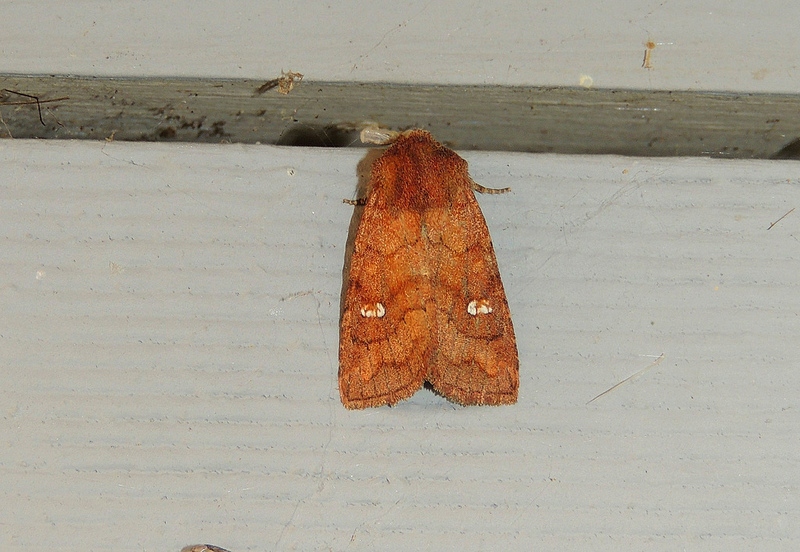
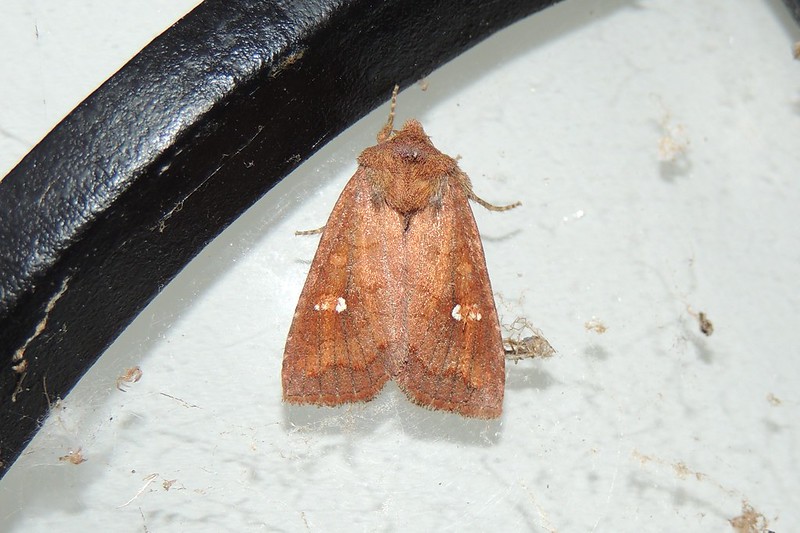
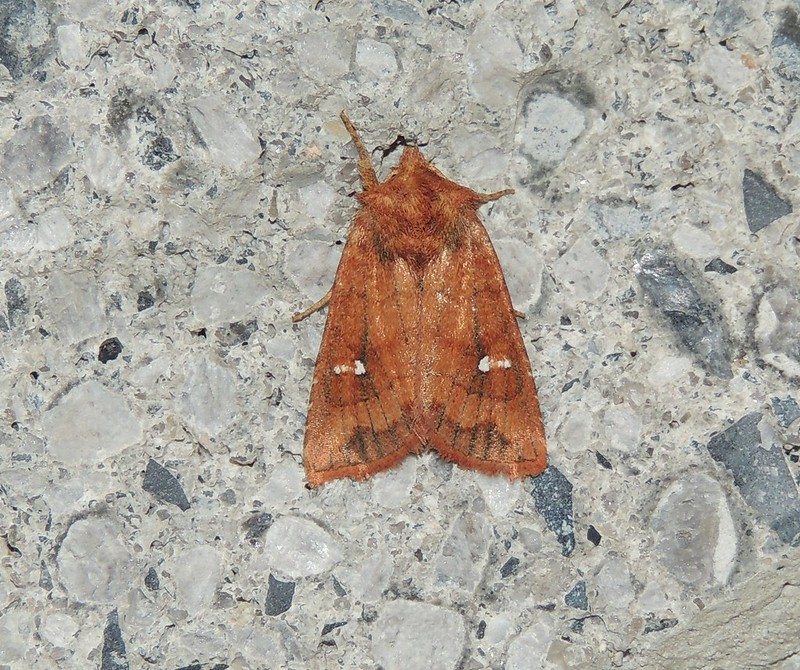

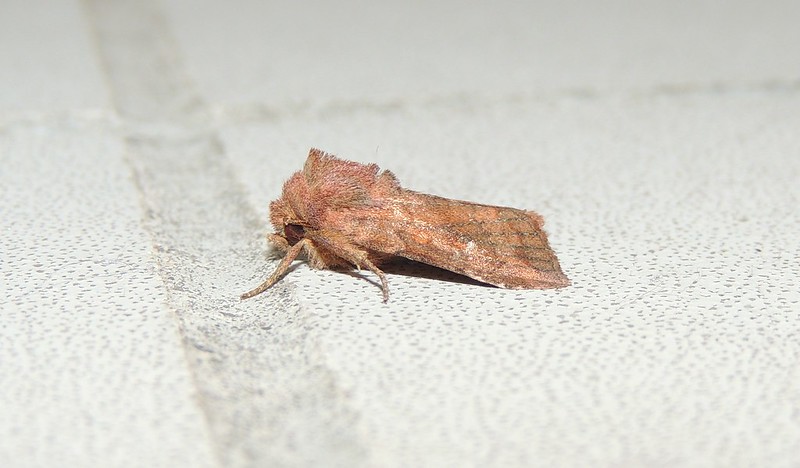
.jpg)